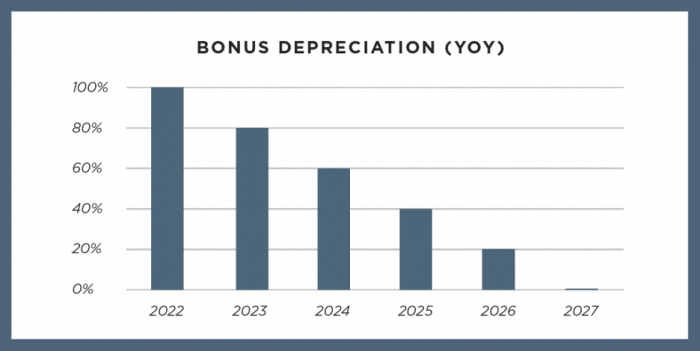2024 Aircraft Bonus Depreciation: Maximize Tax Benefits Before Further Phasedowns
Related Stories
Interview with an Aviator: Michele Sonier
In this special Women’s History Month edition of “Interview with an Aviator,” Jet Linx Pilot Michele Sonier shares why she left a successful career in finance to chase her dream of flying, the challenges she faced as she transitioned into aviation, and what she loves most about flying for Jet Linx.
READ MORE
Interview with an Aviator: Rob Kolar
Jet Linx Pilot Rob Kolar shares his aviation story – from his early fascination with toy airplanes at county fairs to becoming a veteran Citation X Captain.
READ MORE
2024 Aircraft Bonus Depreciation: Maximize Tax Benefits Before Further Phasedowns
Bonus depreciation has been a game-changer for private jet ownership. Understand the evolving rules to maximize your tax benefits.
READ MORE
Related Stories
Interview with an Aviator: Michele Sonier
In this special Women’s History Month edition of “Interview with an Aviator,” Jet Linx Pilot Michele Sonier shares why she left a successful career in finance to chase her dream of flying, the challenges she faced as she transitioned into aviation, and what she loves most about flying for Jet Linx.
READ MORE
Interview with an Aviator: Rob Kolar
Jet Linx Pilot Rob Kolar shares his aviation story – from his early fascination with toy airplanes at county fairs to becoming a veteran Citation X Captain.
READ MORE
2024 Aircraft Bonus Depreciation: Maximize Tax Benefits Before Further Phasedowns
Bonus depreciation has been a game-changer for private jet ownership. Understand the evolving rules to maximize your tax benefits.
READ MORE

Contact Us
